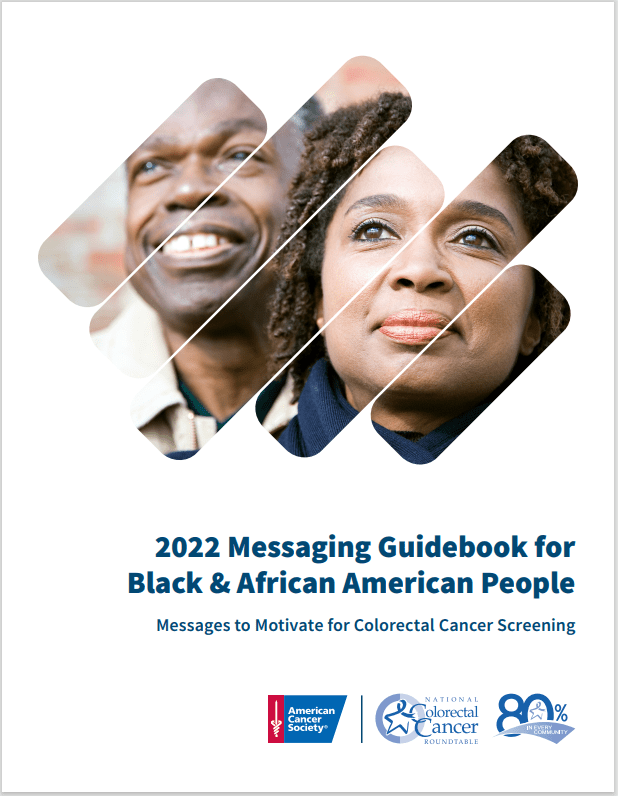Intervention Type: Mass Media
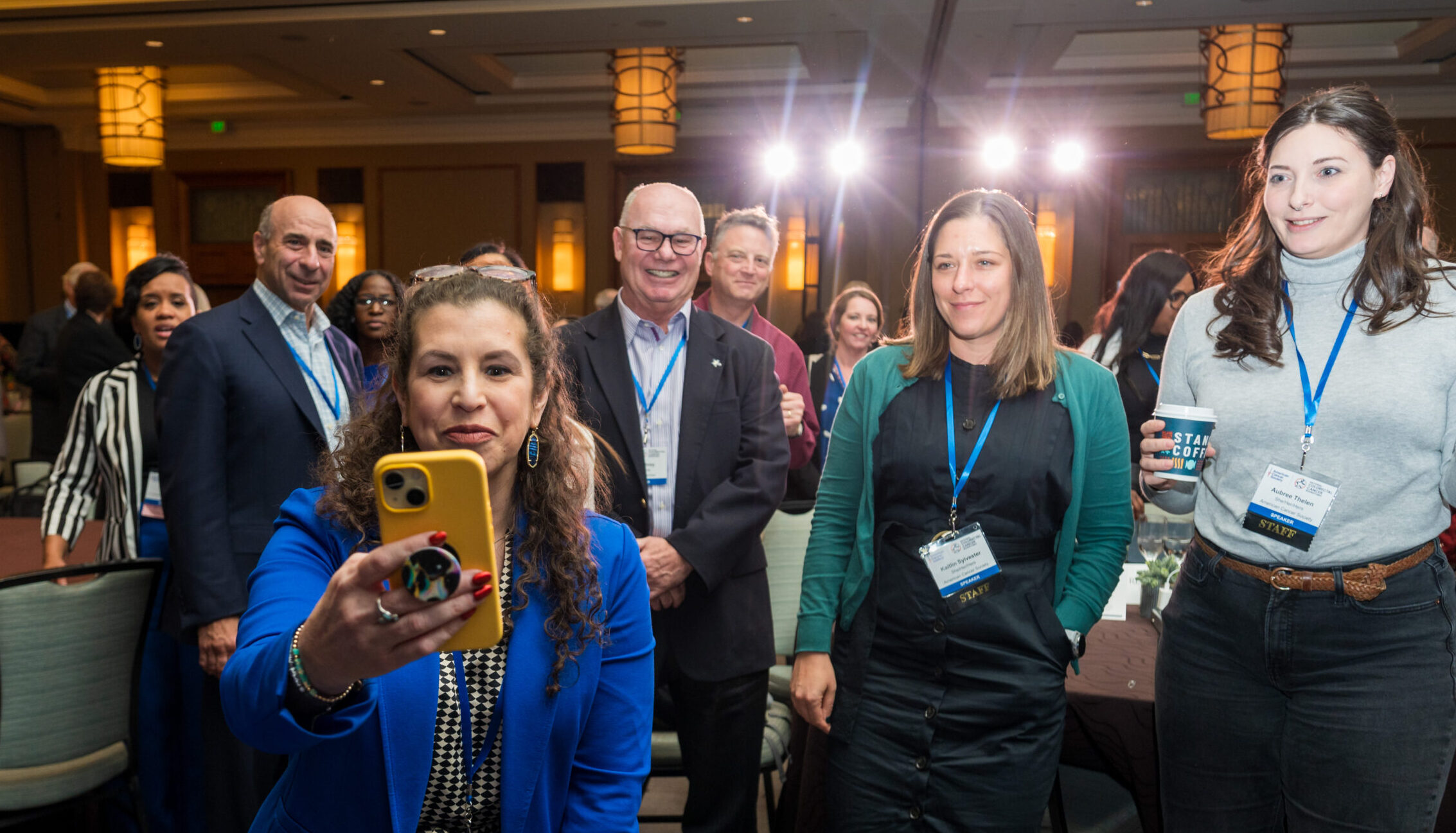
NEW!
Webinar: Public Awareness Strategies to Promote Colorectal Cancer Screening
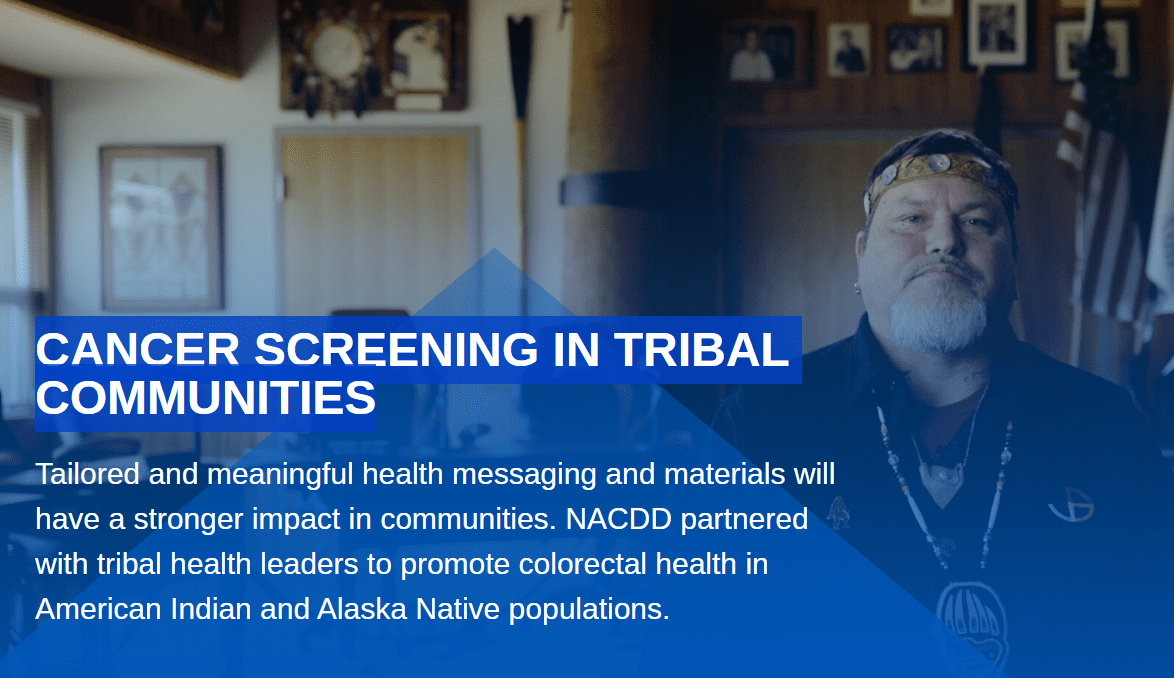
Cancer Screening in Tribal Communities Listening Session Guide
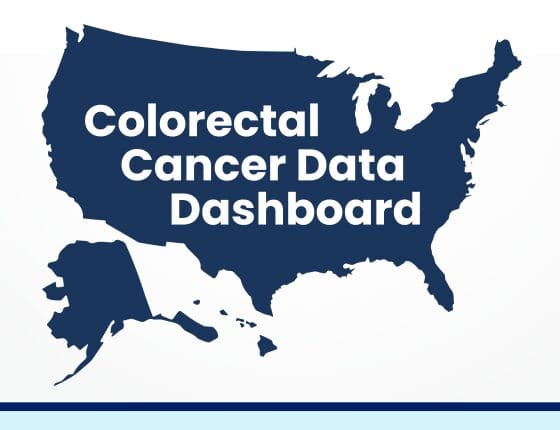
New Resource Webinar: Colorectal Cancer Data Dashboard
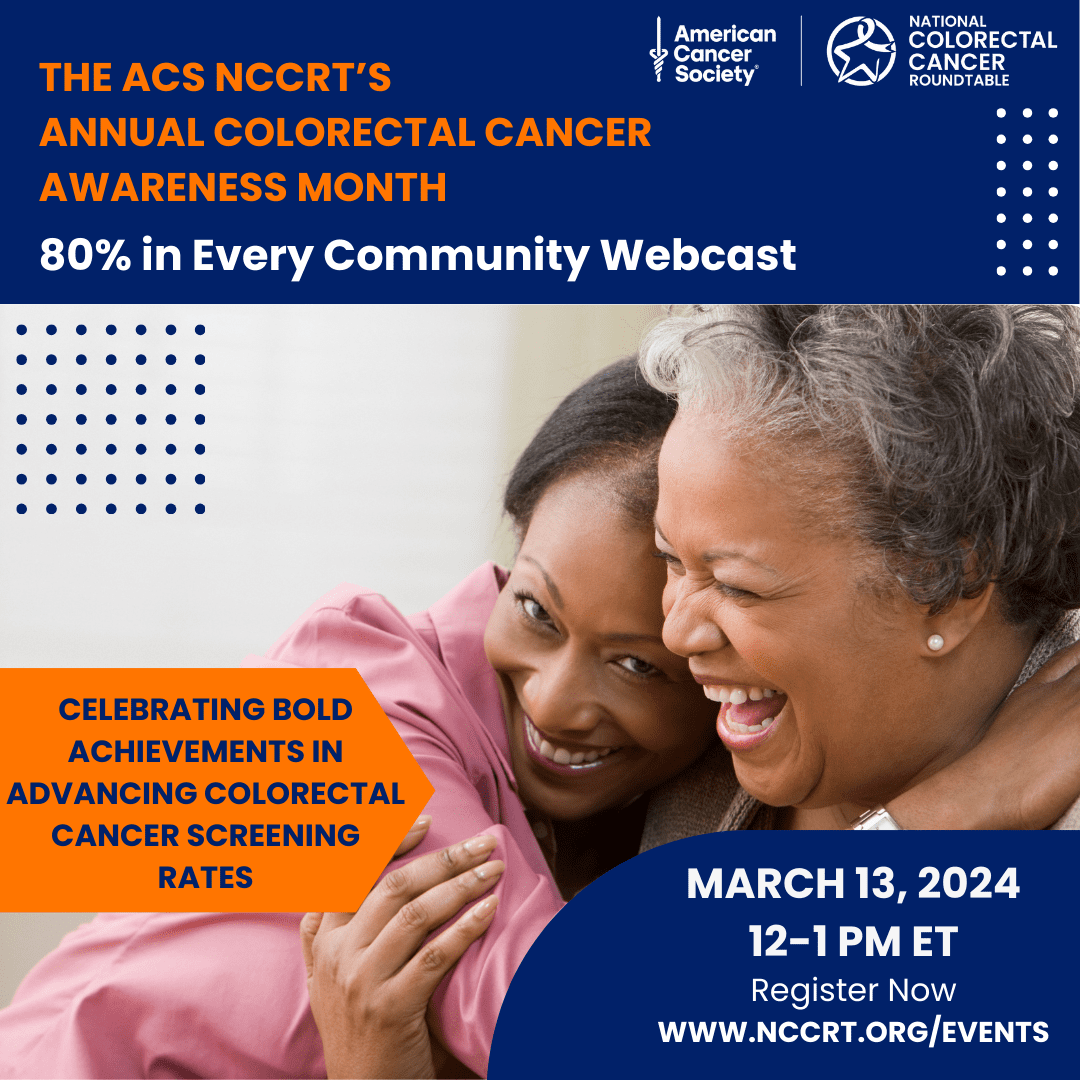
2024 National Colorectal Cancer Awareness Month Webcast

Blue Star Conversations – February 21, 2024

New Resource Webinar: Lead Time Messaging Guidebook
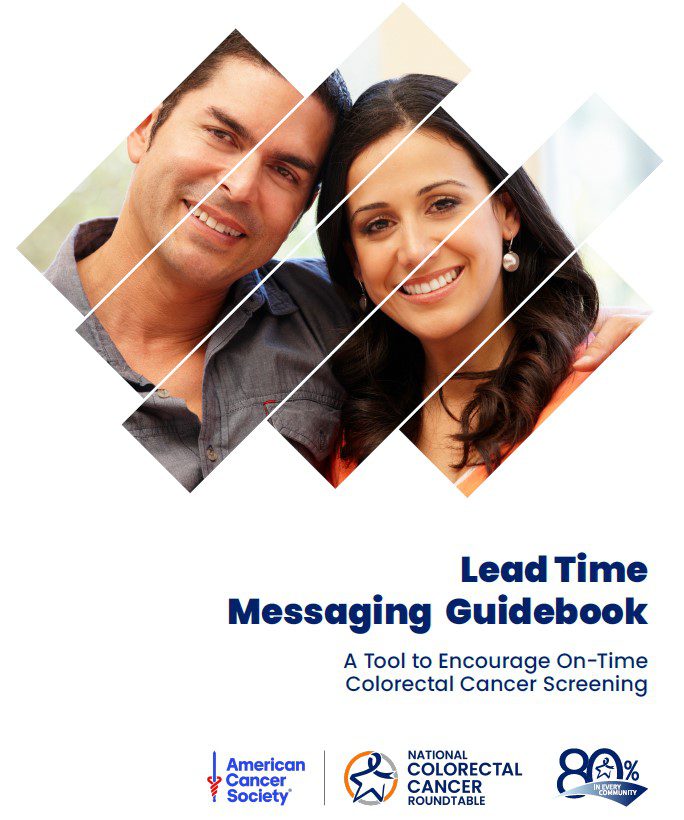
2023 Lead Time Messaging Guidebook
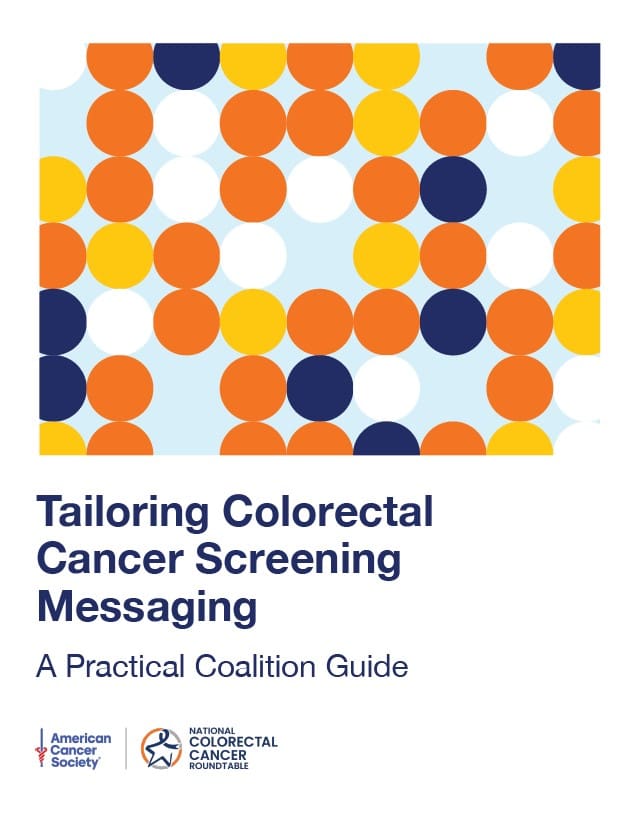
Tailoring Colorectal Cancer Screening Messaging: A Practical Coalition Guide
